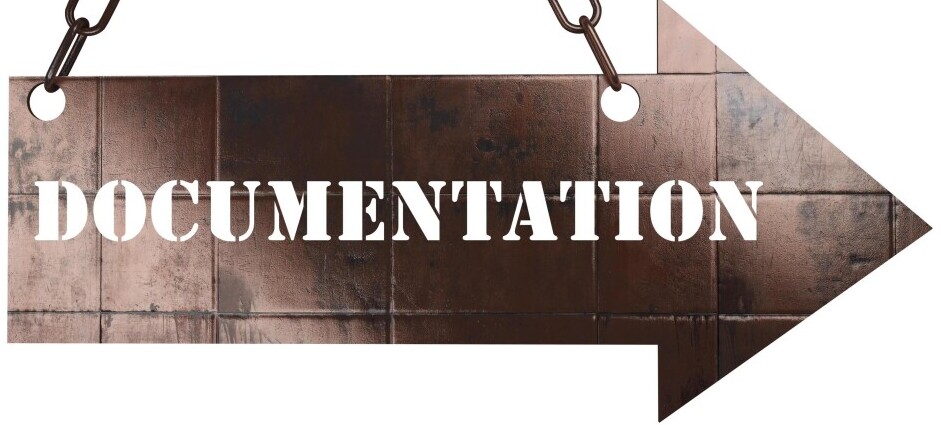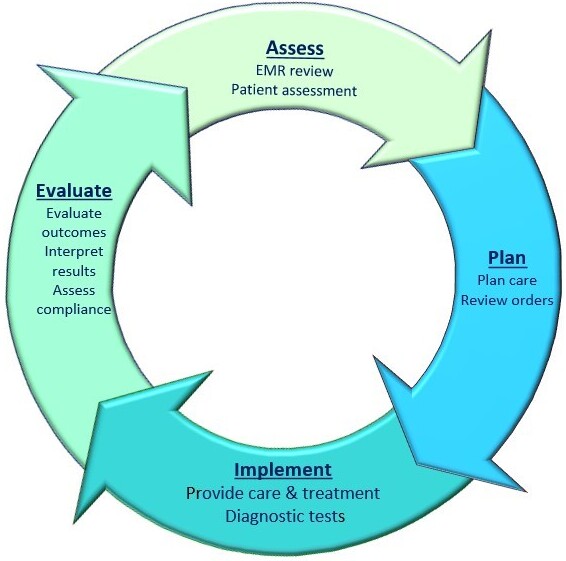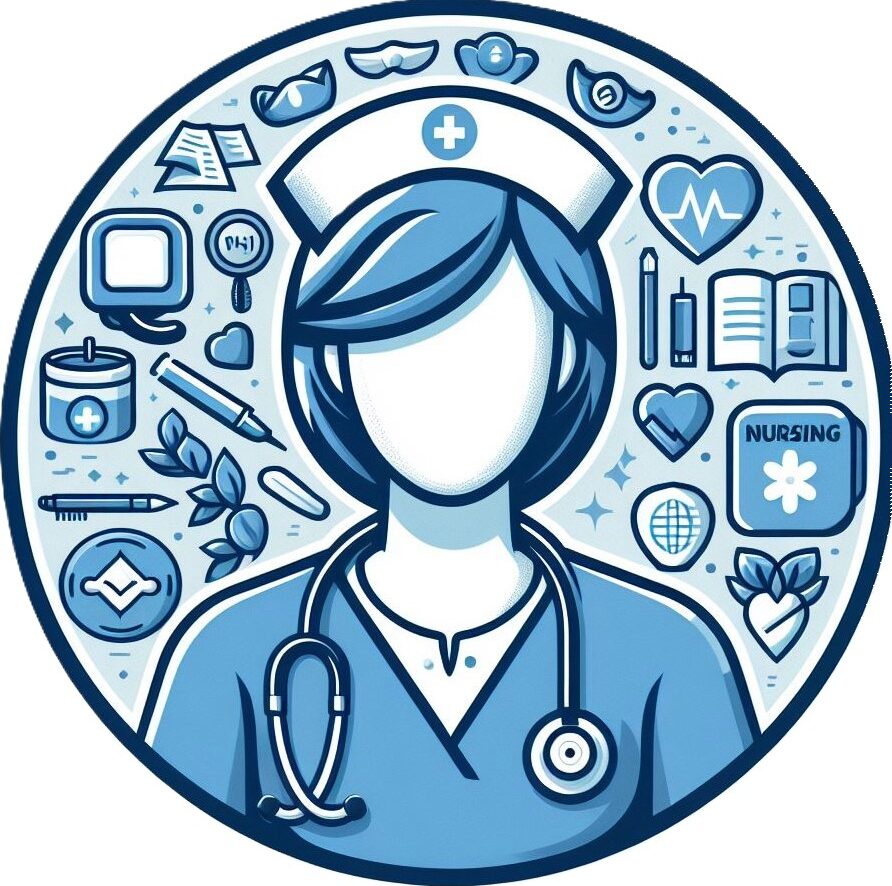 Nursing documentation is extremely vital for accurate communication. In order to take care for either a single or several patients by multiple healthcare professionals, proper documentation helps to prevent mistakes and chaos. This documentation is to ensure everyone is on the same page regarding a patient’s condition, treatment plans, and progress.
Nursing documentation is extremely vital for accurate communication. In order to take care for either a single or several patients by multiple healthcare professionals, proper documentation helps to prevent mistakes and chaos. This documentation is to ensure everyone is on the same page regarding a patient’s condition, treatment plans, and progress.
As we all know, we all try to eliminate errors in patient care and that’s why accurate documentation comes in place to prevent mistakes. For example, with the complexities of medication administration, if there is a wrong entry, it can lead to serious consequences in patient care. By accurately documenting every detail, we create a clear roadmap that any healthcare provider can follow, reducing the risk of errors such as wrong medication given or missed treatments. Therefore, keeping everything documented ensures patients consistently receive the correct care is essential.
Legal and Ethical Accountability
Documentation is not only for staying organized, but also beneficial for legal aspect and professional accountability.
Proper documentation is not only staying organized, but also is a critical shield in the legal aspect. If a legal dispute arises, detailed records become the most important evidence as they serve as tangible proof that you provided appropriate care. What’s happened if incomplete or missing documentation in the care? That could leave you vulnerable to accusations of negligence or malpractice. Therefore, accurate documentation is covering you and ensuring you have your facts on record.
Furthermore, your professional accountability is on the line, too. Good documentation shows that you’re meeting both professional and ethical standards. It is not only for your peace of mind but also for maintaining trust with your patients and other healthcare professionals. Therefore, it is demonstrating that every step you take in patient care meets the criteria for safety and quality.
Supporting Patient Safety
Another aspect of nursing documentation is supporting patient safety.
Patient safety is the most important criteria in nursing, and good documentation makes a massive difference. By diligently recording vital signs, patient reactions, and other essential data, you can recognize potential risks before they escalate. This leads to early detection helps you promptly to give interventions to prevent adverse events or complications.
In addition, keeping track of a patient’s progress is another crucial aspect. When you document changes in a patient’s condition, it helps in evaluating whether treatments are effective. This ongoing assessment allows for timely adjustments, ensuring the best possible outcomes.
Facilitating Evidence-Based Care and Compliance
 Finally, documentation helps to facilitate evidence-based care and compliance.
Finally, documentation helps to facilitate evidence-based care and compliance.
Documentation is not only a record-keeping, but also a foundation for evidence-based care. When you document thoroughly, healthcare organizations can gather valuable data for research and improving care protocols. This collected data helps identify trends and inform best practices, leading to better patient outcomes.
What’s about quality improvement? It is another huge benefit. Detailed records allow healthcare providers to analyze outcomes and spot patterns. This insight helps in implementing changes that enhance the overall quality of care.
There is another enormous benefit of documentation, it is regulatory compliance. Healthcare facilities must adhere to standards set by governing bodies. Proper documentation ensures these standards are met, keeping the facility in good standing. Furthermore, it also plays a key role in audits and maintaining accreditation. Therefore, keeping accurate records is not only a day-to-day operation, but also essential for staying compliant and credible in the healthcare community.
